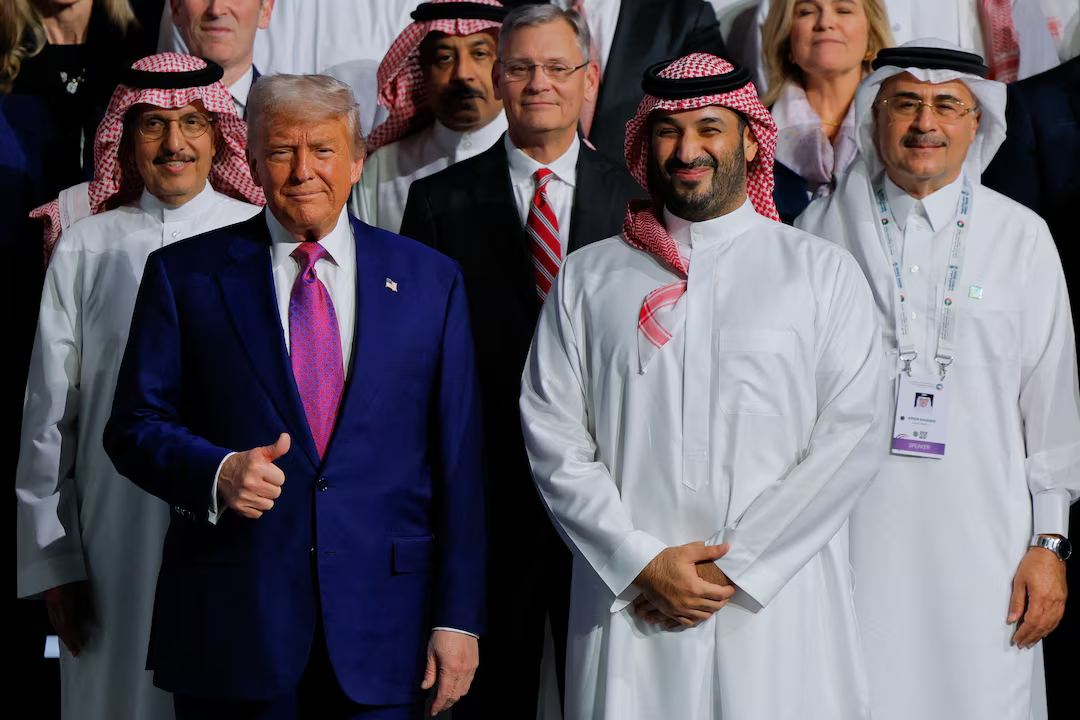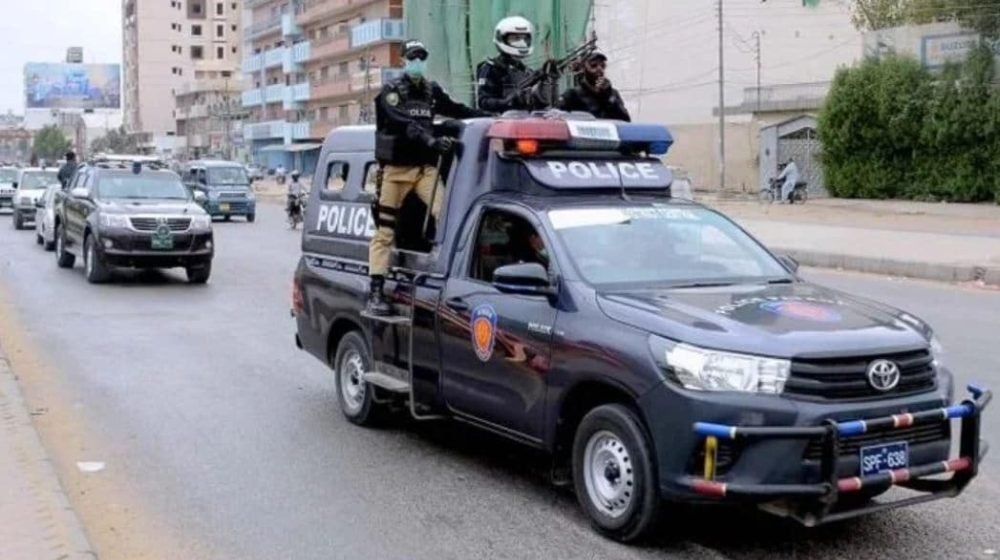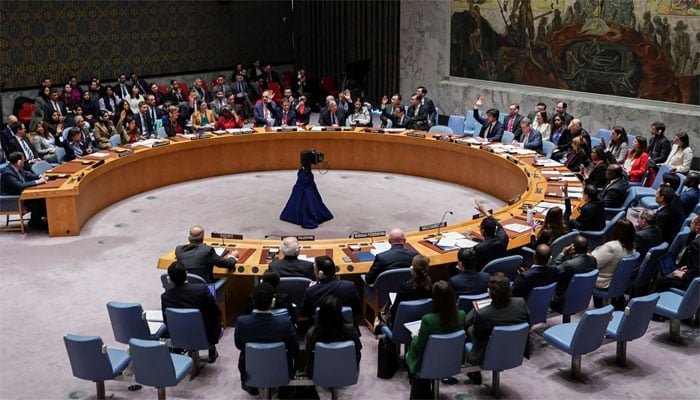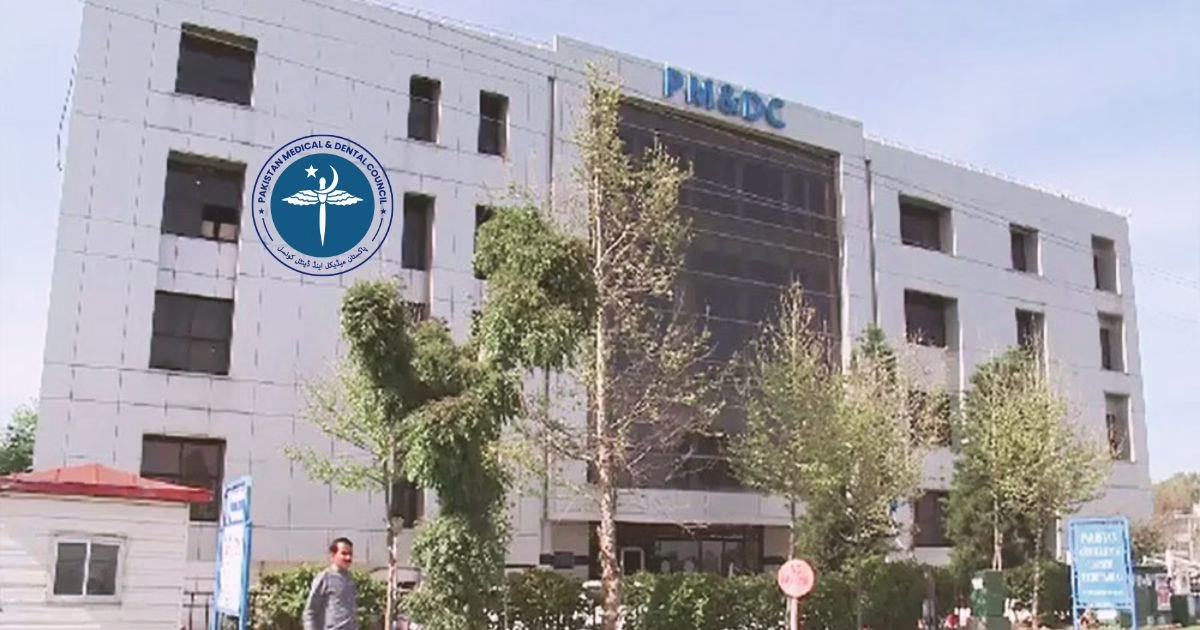In a rare and high-stakes diplomatic move, Saudi Arabia’s Defence Minister Prince Khalid bin Salman delivered a stark warning to Iran’s leadership in April: take President Donald Trump’s offer of nuclear talks seriously—or risk devastating conflict with Israel.
The unprecedented meeting, held behind closed doors in Tehran on April 17, marked the first visit by a senior Saudi royal to Iran in over two decades. While publicly portrayed as a gesture of goodwill, Reuters now reports that Prince Khalid carried a covert message from King Salman: negotiate fast, or face the consequences.
Urgency from Riyadh
According to multiple Gulf and Iranian sources, Prince Khalid—formerly Saudi ambassador to the U.S.—urged Iranian leaders, including President Masoud Pezeshkian and Supreme Leader Ayatollah Ali Khamenei’s top aides, to act quickly. Trump, he warned, has little patience for prolonged diplomacy, and with Israeli Prime Minister Netanyahu pressing for military action, the time to act was rapidly shrinking.
“Better a deal than a war,” was the essence of Khalid’s message. The backdrop of worsening conflicts in Gaza, Lebanon, and Syria, plus Iran’s economic turmoil under sanctions, heightened the sense of regional peril.
Tehran’s Tightrope
Iran’s response? Cautious interest. While President Pezeshkian reportedly affirmed Tehran’s desire for sanctions relief and a diplomatic solution, officials also expressed deep distrust of Trump’s unpredictability. The sticking point remains Iran’s uranium enrichment program—seen by Tehran as essential to its sovereignty and civilian energy needs, but by the West as a step toward weaponization.
One Iranian official admitted: “We want a deal, but not at any cost.”
Shadow of War
This diplomatic dance comes as tensions simmer beneath a fragile détente. Trump’s surprise announcement of direct talks with Iran—made in the presence of an uneasy Netanyahu—shocked observers and put Iran-Israel dynamics under intense scrutiny.
According to Reuters, Saudi Arabia is pushing diplomacy to protect its economic vision and avoid another destabilizing war. Prince Khalid reportedly assured Iran that Riyadh would not allow its airspace or territory to be used for military strikes by the U.S. or Israel. Yet he also stressed the importance of Iran reining in its regional allies, including the Houthis in Yemen and Hezbollah in Lebanon.
Tehran’s Regional Decline
Since the 2023 China-brokered rapprochement between Saudi Arabia and Iran, Tehran’s regional influence has taken major hits. Its allies in the “Axis of Resistance” have suffered significant losses: Hamas in Gaza, Hezbollah in Lebanon, and Assad’s fall in Syria. Combined with crippling sanctions, this has weakened Iran’s leverage and made it more open to engagement—albeit on its own terms.
Final Thoughts
This covert Saudi mission underscores just how fragile the Middle East’s geopolitical balance remains in 2025. Behind the optics of restored diplomacy lies a storm of shifting alliances, nuclear brinkmanship, and regional recalibration.
As Trump presses for a swift deal and Netanyahu eyes military options, Iran must decide whether to trust a volatile offer—or risk a regional war that could unravel what remains of its influence.



